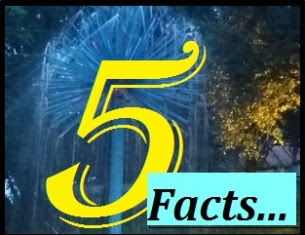The CUSat will be among the 75 student-built satellites to be launched into space on the eve of the 75th Independence Day in 2022.
The Chandigarh University has joined the list of 13 institutes like Indian Institute of Technology (IIT) Kanpur, IIT Bombay and became the first university in North India to design and develop its own satellite. For the project, 75 students of the University have been working on the Chandigarh University Student Satellite Project under the guidance of eminent Indian scientists.
Raksha Mantri Shri Rajnath Singh inaugurated Kalpana Chawla Centre for Research in Space Science & Technology (KCCRSST) at Chandigarh University on January 03, 2022. The CUSat will be among the 75 student-built satellites to be launched into space on the eve of the 75thIndependence Day in 2022.
- Established with the objective of training students in space science, satellite development and meet future challenges in space research, the state-of-the-art KCCRSSTwould be the Ground Control Station for the Chandigarh University's Student Satellite (CUSat), an in-house developed nano-satellite being designed by the students of the university and a Geo-Spatial Centre for research, besides other projects.
- The CUSat will be among the 75 student-built satellites to be launched into space on the eve of the 75thIndependence Day in 2022.
- The Chandigarh University has joined the list of 13 institutes like Indian Institute of Technology (IIT) Kanpur, IIT Bombay and became the first university in North India to design and develop its own satellite. For the project, 75 students of the University have been working on the Chandigarh University Student Satellite Project under the guidance of eminent Indian scientists.
- With the launch of CUSat, Punjab will become the first border state in India to have its own satellite in space.
- The launch of the university's nanosatellite - CUSat will prove to be an important step for the country, as it will collect data related to border intrusion detection, agriculture, weather forecasting, natural disaster forecasting, which will be helpful in research and study of various problems in these areas. In addition, the GCS will help develop satellite research facilities and launch satellites in countries that do not have developed satellite technology. (PIB)


Post a Comment